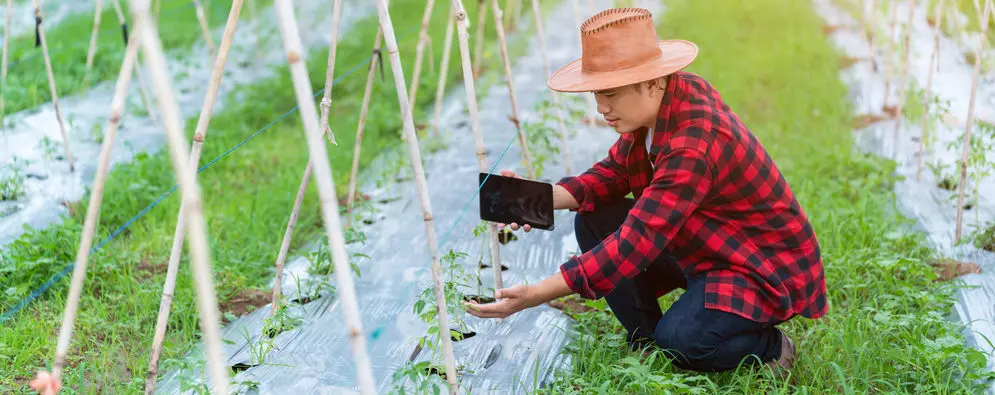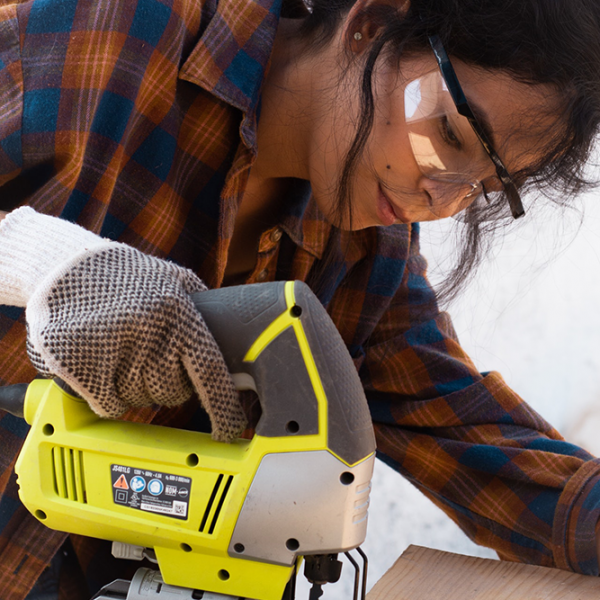Partnership to Strengthen Career Pathways In Southwest Colorado

In Colorado, an estimated three out of four jobs require education or training beyond high school (Colorado Department of Education). Yet students in rural communities face an array of obstacles and disincentives to obtaining additional training, including:
- Their parents and other relatives didn’t go to college.
- They face barriers such as limited access to financial resources, broadband internet, and child care.
- They don’t live close to institutions of higher learning or diverse career opportunities.
The result? Only 19% of students who attended high school in a rural community in the United States hold a college degree, compared with an average of 33% nationwide (Lumina Foundation).
The Southwest Colorado Education Collaborative aims to change this equation. With a Colorado RISE grant providing support, this new nonprofit is working together with five school districts (Ignacio, Bayfield, Silverton, Archuleta, and Durango 9-R) and two higher education partners (Fort Lewis College and Pueblo Community College) to share a broader pool of resources, build partnerships with local industry leaders, and design easily accessible, interesting ways for rural students to engage in relevant career and college pathways.
The strength and promise of these communities banding together is significant. Nearly half (46%) of the 9,000 K-12 students in the region live in families experiencing poverty. As well, Fort Lewis College is the most diverse public liberal arts college in the nation, with its student body comprised of 53% students of color and over 40% Native American students (the largest percentage of Native American students served nationally by any non-tribal institution). Understanding the regions demographic makeup and economic needs is essential to

meeting communities where they are and to developing, expanding, and sustaining trusted partnerships to better serve young people.
The Lab is supporting the Collaborative and its partners in building the infrastructure and capacity needed to monitor progress and generate creative solutions to sustain and scale the work. This includes building systems to gather evidence that the career pathways created for high school students are effective and responsive to local student and labor force needs. Indicators will include metrics like increasing enrollment and success in college or certificate programs and increasing the number of students who go on to earn a living wage. With a focus on engaging students in work-based learning and guiding them with specific academic advising toward higher education and career training opportunities, Collaborative partners are dedicated to building the skills that prepare young people to enter the workforce and providing rural students with equal access to opportunities to build their futures.
To learn more about RISE and the Lab’s support for the Southwest Colorado Education Collaborative, contact Dr. Kristin Klopfenstein.